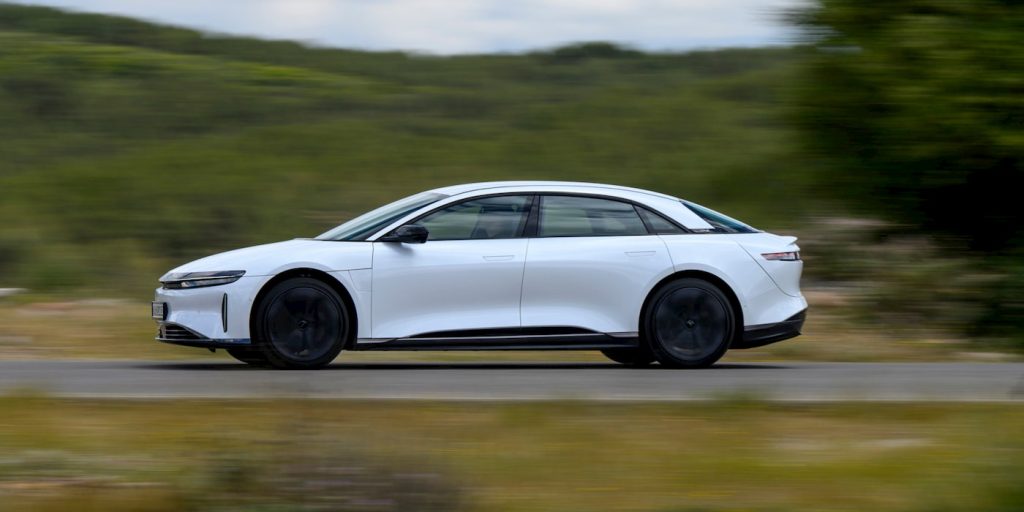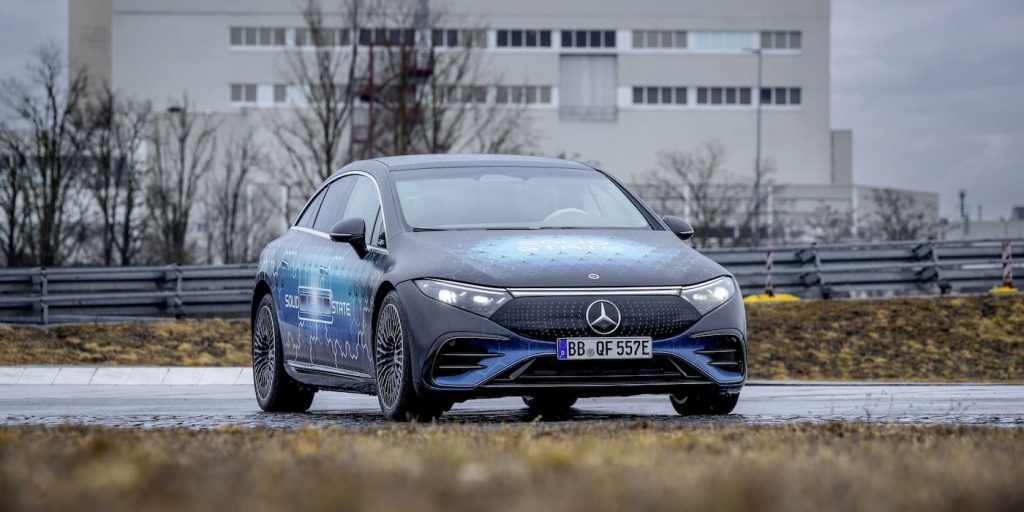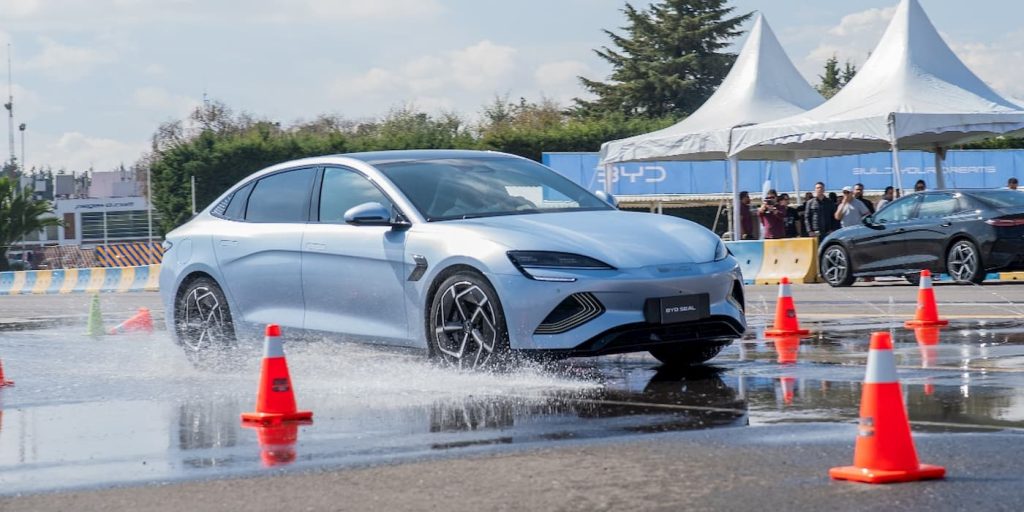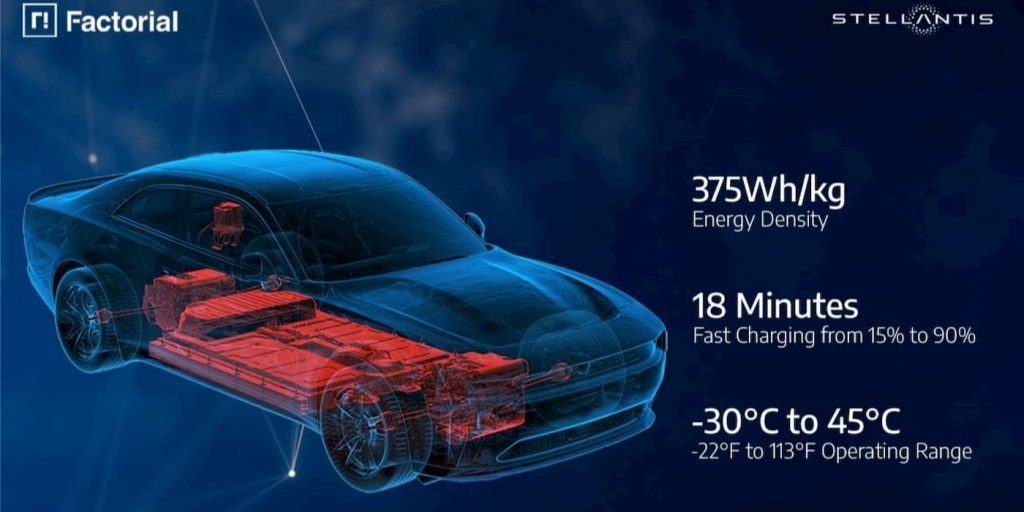
Another company claims to have solid-state EV batteries in the works that will unlock well over 1,000 miles (3,000 km) of range and fast charging in just five minutes. And it’s not BYD this time. Is it too good to be true?
Can solid-state EV batteries unlock +1,000 miles range?
Last week, a local report surfaced, claiming BYD was already testing solid-state batteries in its Tesla Model 3-rivalling Seal sedan.
BYD addressed the rumors in a statement released on Monday (via CLS), saying, “Currently it is unknown, and the first model and parameters are not officially reported.”
In a new patent, discovered by CarNewsChina, Chinese tech giant Huawei filed for a sulfide-based all-solid-state battery. The new battery reportedly unlocks a driving range of up to 3,000 km, or over 1,800 miles, and supports ultra-fast charging in just five minutes.
Is it really possible, though? To put that into perspective, the current longest-range electric vehicle you can buy, the 2025 Lucid Air Grand Touring, is rated with a WLTP driving range of up to 839 km (521 miles).

On the EPA scale, Lucid’s electric sedan is rated for a driving range of up to 512 miles and features fast charging (up to 200 miles) in 12 minutes.
That would mean Huawei’s new battery would unlock over three times the driving range while cutting charging times by over half. It would also have energy density that’s two to three times higher, between 400 and 500 kWh.

According to industry experts in Korea, the claims might be too good to be true. Yang Min-ho, professor of energy engineering at Dankook University, explained that “Even the most advanced lithium-ion batteries, which generally have higher capacity than solid-state prototypes, fall far short of that kind of range.”
Yang said that “Such performance might be possible in lab conditions,” adding “but real-world factors like energy loss and thermal management make mass production extremely difficult.”

The patent describes a new approach, doping sulfide electrolytes with nitrogen, to improve stability. According to a researcher for one of Korea’s major battery makers, the nitrogen doping approach is “a standard technique with limited scalability.”
“While nitrogen doping can help with interface stability, it’s usually done under vacuum and with great precision,” the researcher pointed out, adding “It’s not something you can scale for commercial production without major cost and time penalties.” They described it as “like trying to sprinkle pepper on a sandwich using tweezers.”

Although it sounds promising, Huawei’s patent needs additional third-party validation or other data to suggest it’s production-ready. “That’s the nature of patents. They grant rights, not credibility.”
According to the researcher, Korean battery giants, LG Energy, Samsung SDI, and SK On, don’t seem too worried. “We monitor developments in China closely, but this doesn’t look like a game-changer yet,” they said.
Samsung SDI has already sent solid-state battery samples to clients and aims to begin mass production by 2027: LG Energy and SK On both plan to introduce solid-state battery tech by 2030.

Are solid-state EV batteries capable of delivering ultra-long driving range as promised? It may, but it could be a few years before it hits the market. As Yang said, “Battery science doesn’t move in leaps. It moves in increments, and those increments take years to scale.”
Meanwhile, several automakers and others are also advancing solid-state EV batteries, promising longer driving range and faster charging.
Mercedes-Benz announced it had tested “the first car powered by a lithium-metal solid-state battery on the road” with Factorial Energy earlier this year using a modified EQS. Last month, BMW completed its first on-road tests using Solid Power’s all-solid-state battery (ASSB) cells. CATL, Stellantis, Nissan, Volkswagen, and Nissan have also announced plans to launch EVs with solid-state batteries in the next few years.
Will the “holy grail” of EV batteries live up to its hype? Let us know your thoughts in the comments below.
Source: The Korea Herald
FTC: We use income earning auto affiliate links. More.





![How CATL is changing EV battery tech in Europe [Video]](https://i0.wp.com/electrek.co/wp-content/uploads/sites/3/2025/09/CATL-12.jpg?resize=1200,628&quality=82&strip=all&ssl=1)






